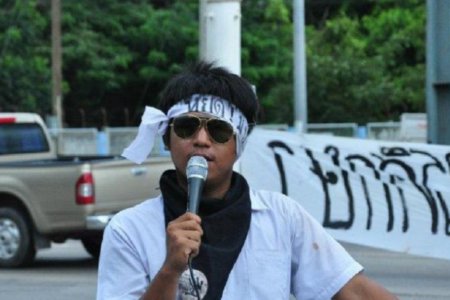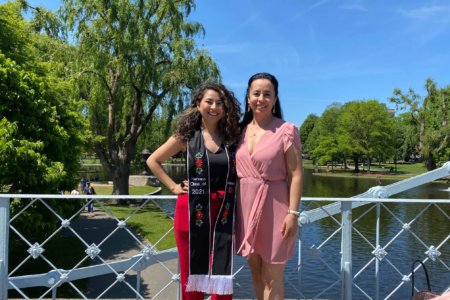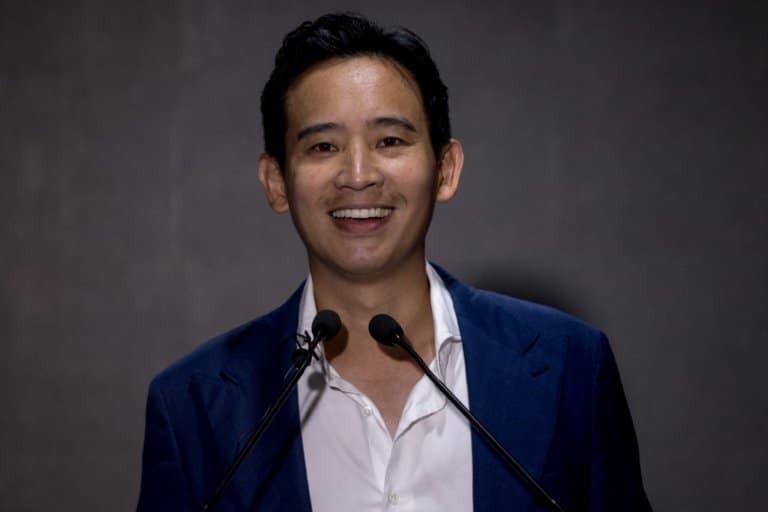
“You do not have the will of the people to lead.”
The people of Thailand said this loud and clear in a landslide win for progressive newcomer party, the Move Forward Party, on Sunday.
Leading the party is Pita Limjaroenrat, a Harvard and MIT graduate turned e-hailing giants’ top executive, and now tipped to be the next Thai prime minister if his party can form a government.
The self-described “American product of public policy schools” wants to create “a new history in Thai politics.”
His party will challenge the age-old military-backed government, a regime that has ruled for decades and is often criticised.
When the Move Forward Party formed three years ago, not many blinked. It was just another party targeting the younger generation in the country, and not many predicted its rise to the top.
But on Sunday, it successfully surpassed its competitors and became the largest party in the lower house of parliament.
It even outdid the military’s longstanding political rival, the opposition Pheu Thai Party.
Standing in a sea of orange, leader Pita shook hands with supporters, stopped for selfies and beamed from ear to ear as the votes were counted.
Many have wondered who is the man brave enough to take on a political arena that has been rife with feuds and scandals between the royalist-military supporters and their pro-democracy adversaries.
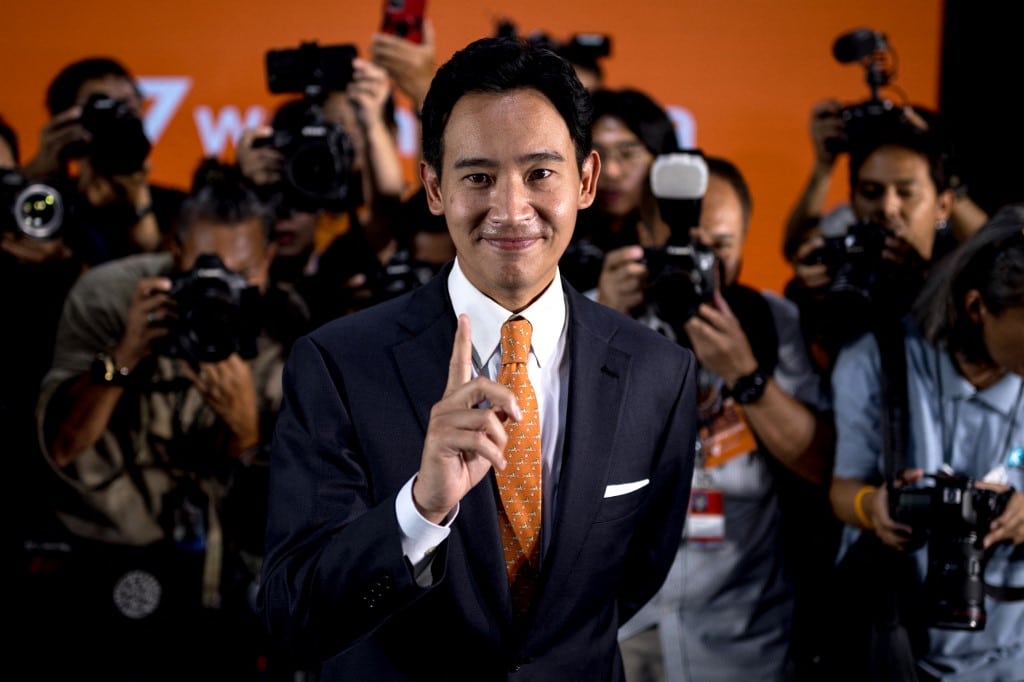
Pita Limjaroenrat attended Harvard and MIT and graduated before he was 25 years old. Source: Jack Taylor/AFP
From Bangkok to Harvard and MIT
Pita was born on September 5, 1980, in Bangkok, Thailand.
His father, Pongsak Limjaroenrat, was an adviser to the Ministry of Agriculture, and his uncle Padung Limcharoenrat, was a close aide of the former prime minister Thaksin Shinawatra.
Since birth, politics was part of Pita’s everyday life and conversation.
As a young boy, he went to Bangkok Christian College but continued his secondary learning years in New Zealand.
It is said that it was only in New Zealand that his love for politics sparked despite growing up in the type of family he did.
Shipped to “the middle of nowhere” in New Zealand and where TV offered three lone channels, Pita found himself choosing between Australian soap operas or debates in parliament.
While doing his homework, he then began to listen to speeches by then New Zealand’s prime minister, Jim Bolger.
Pita then decided to return to Bangkok and enrolled in Thammasat University, where he graduated with a Bachelor in Commerce and Accounting in 2002.

Pita Limjaroenrat attended Harvard University after receiving a scholarship. Source: Maddie Meyer/Getty Images/AFP
He was an intelligent student and completed the programme with first-class honours.
While he was back home, he found out that he had been offered a scholarship from Harvard University.
This was a huge accomplishment because this made him the first Thai student to receive a full international scholarship from an Ivy League like Harvard.
At Harvard Kennedy School, he pursued a Master in Public Policy. Finding happiness in studying, the idea of learning more appealed to him.
The drive for knowledge and experience drove him to begin shadowing his classmates who, at that time, were campaigning for presidential candidate Barack Obama.
This experience opened his eyes to electoral politics.
Pita learnt how to operate phone banks, collect polling data, knock on front doors, and set up campaign flags across town.
Little did he know how useful this experience would one day be when he began his campaigning in Thailand.
Thus, after graduating with his master’s degree, he didn’t wait long before he found himself at another prestigious institution — Massachusetts Institute of Technology.
At MIT, he successfully completed an MBA, even before turning 25 years old. Then, tragedy struck.
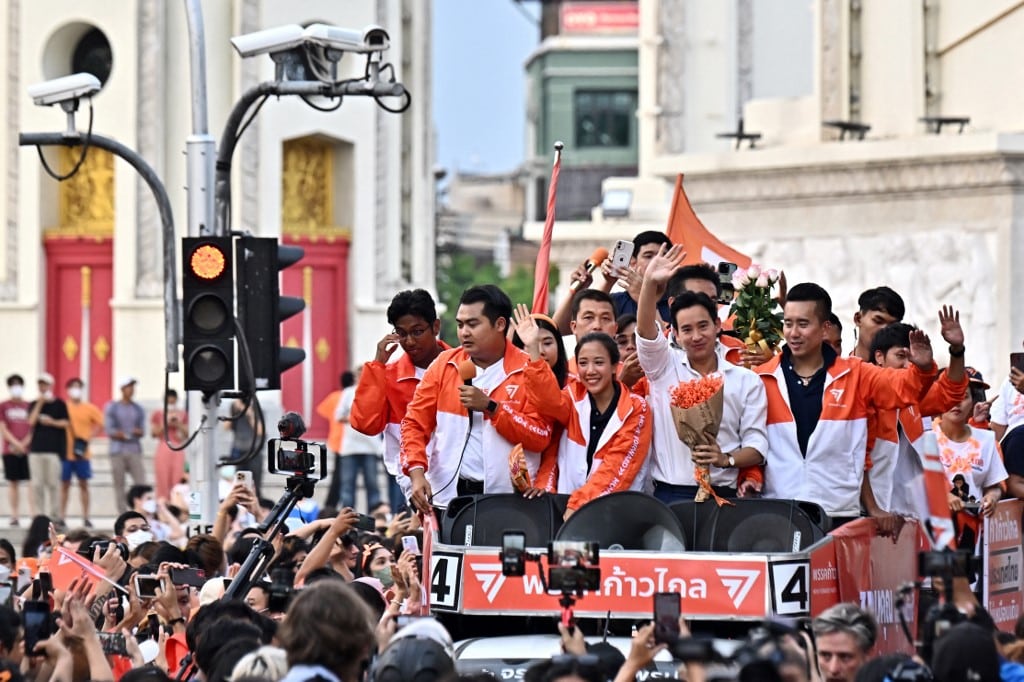
Move Forward Party leader Pita Limjaroenrat led a victory parade with fellow party members after their landslide win. Source: Lillian Suwanrumpha/AFP
Did Pita Limjaroenrat’s MBA and MPP help his family company become Asia’s producers of rice bran oil?
His father passed away in 2006, leaving him and his brother, Pasim Limjaroenrat, to look after their mother.
There was more hardship to come, as Pita would find out. His family’s business, CEO Agrifood, had gone heavily into debt and there didn’t seem to be a way out.
Pita was given a deadline; four months to revive the company and return to black.
The 25-year-old shocked his family, stakeholders, and critics.
He not only saved the family’s company from declaring bankruptcy but also propelled it to become one of Asia’s top producers of rice bran oil.
He fulfilled his father’s wish of wanting to set up a manufacturing plant for the oil and market the product using modern packaging rather than using plastic bottles.
Despite his father no longer being around, Pita wanted to fulfil his wishes.
He brought in technicians from India, Brazil, and Germany to set up the machinery and a processing line, which further elevated the company’s status alongside its products.
“We have proved that Thai rice-bran oil is of the highest quality in terms of smoke point, freedom from genetically modified organisms, and its ability to be used for multiple purposes.”
The company went on to service and provide rice bran oil to Michelin-starred restaurants, five-star hotels, and organic restaurant chains.
He also took on roles at international firms like Merrill Lynch Phatra and Boston Consulting Group.
In 2017, e-hailing giant, Grab announced that Pita would become the new Country Head Public Affairs, and he stayed on until 2018.
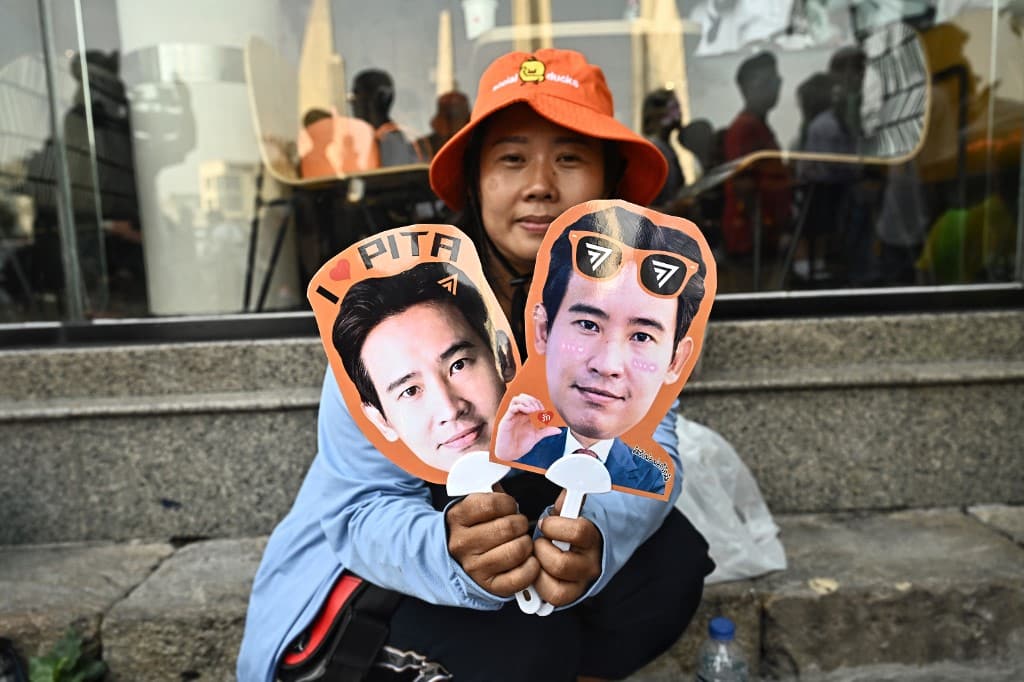
A large number of Pita Limjaroenrat supporters are students, who have progressed from the traditional thinking that was taught by their forefathers. Source: Lillian Suwanrumpha/AFP
Pita Limjaroenrat: Moving from business to the thorny world of Thai politics
Pita made his debut in the world of politics in 2019 when he became a candidate for the Future Forward Party.
This party was founded by Thanathorn Juangroongruangkit, a billionaire and fervent critic of the army, in 2018.
The party performed well in the 2019 elections without any surprise, but unbeknown to any of them, things were about to change.
In 2020, the constitutional court of Thailand ruled that a US$6 million loan from Thanathorn to the party was illegal, and the party was forced to disband.
The result of this was the formation of the Move Forward Party, in which Pita took over.
His popularity grew, rivalling even international pop stars.
With his good looks, charming smile and understanding personality, Pita soon had thousands of fans lining up to speak to him, take photos and greet him.
Most of them were students. They form Pita’s largest and most loyal support base from the start.
He has been praised for his intelligence and quick thinking during campaigns and debates and has consistently ranked high in national polling for prime minister.
The 42-year-old today has set his priorities on three main components — demilitarise, demonopolise and decentralise.
The monarchy in Thailand has been a taboo subject for many decades, and many have faced harsh sentences like long-term imprisonment for being critical of the rulers of the land.
This, however, did not stop the people from protesting and demanding changes be made and for the monarchy to have its powers curbed.

Pita Limjaroenrat is set to takeover from former prime minister, Prayut Chan-O-Cha. Source: Lillian Suwanrumpha/AFP
Law student Danai was one of the protestors on the streets in 2020.
He fell out with his father because he questioned the monarchy and its power over the people, which was cruel and unrelenting at times:
“For my father, the king is untouchable. I asked, why? He said that I am too young to understand. He got very angry, went quiet and wouldn’t speak to me.”
The BBC reported on another university student from Chiang Mai who made a post on social media platform Facebook about this situation.
Her father wanted to sue her because of her anti-monarchy views, and he responded by posting that she was no longer allowed to use his family name.
Although severely outdated, these lese-majeste laws (forbidding the insult of the monarchy) are some of the toughest in the world, even today.
Pita saw this as a way to bridge the gap between those fed up with the political status quo and the older generation that know-towed to do what they were told to do.
A movement has since been ignited in the country, with Pita promising to stay true to the party’s values when a government is soon formed.
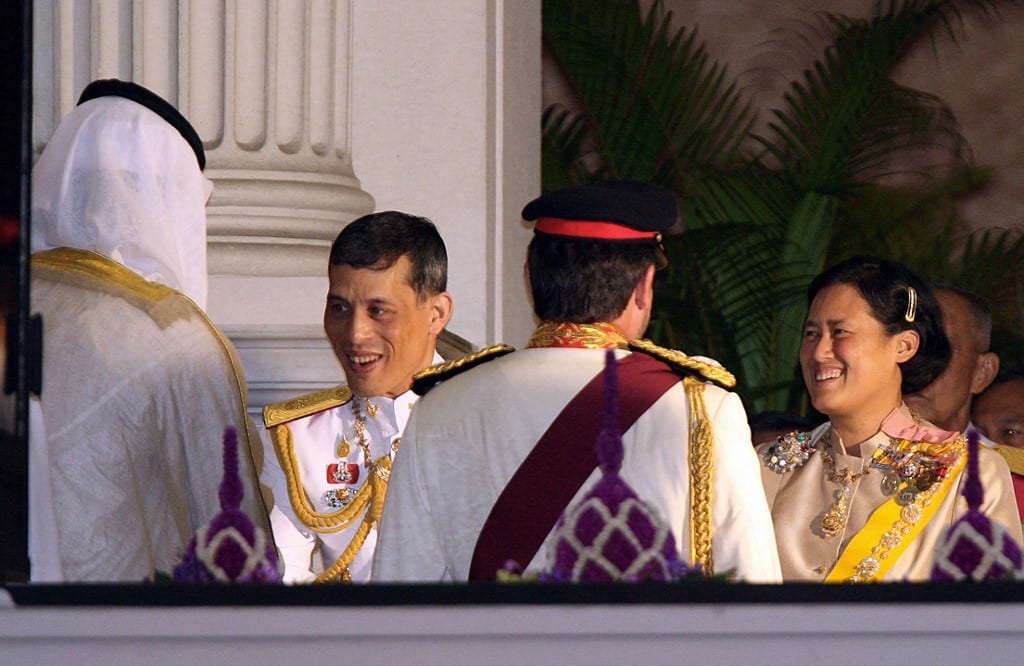
Many Thai people have longed to see a reformatio of the Thai Monarchy but to no avail. Source: Laurent Fievet/AFP
Professor of political science at Bangkok’s Chulalongkorn University, Thitinan Pongsudhirak, has agreed that the party’s win brought about a new frontier for Thailand’s politics.
“They’re an idealist party that wants to take Thailand to the next stage, into the 21st century,” he said.
For now, Pita has secured the votes of the people and could be just what Thailand needs.
With his dynamic capitalising on the next generation of the people of Thailand, he will aim to use his knowledge, education, and skills to reach people yearning for change.
“We will together rewrite Thai political history.”








